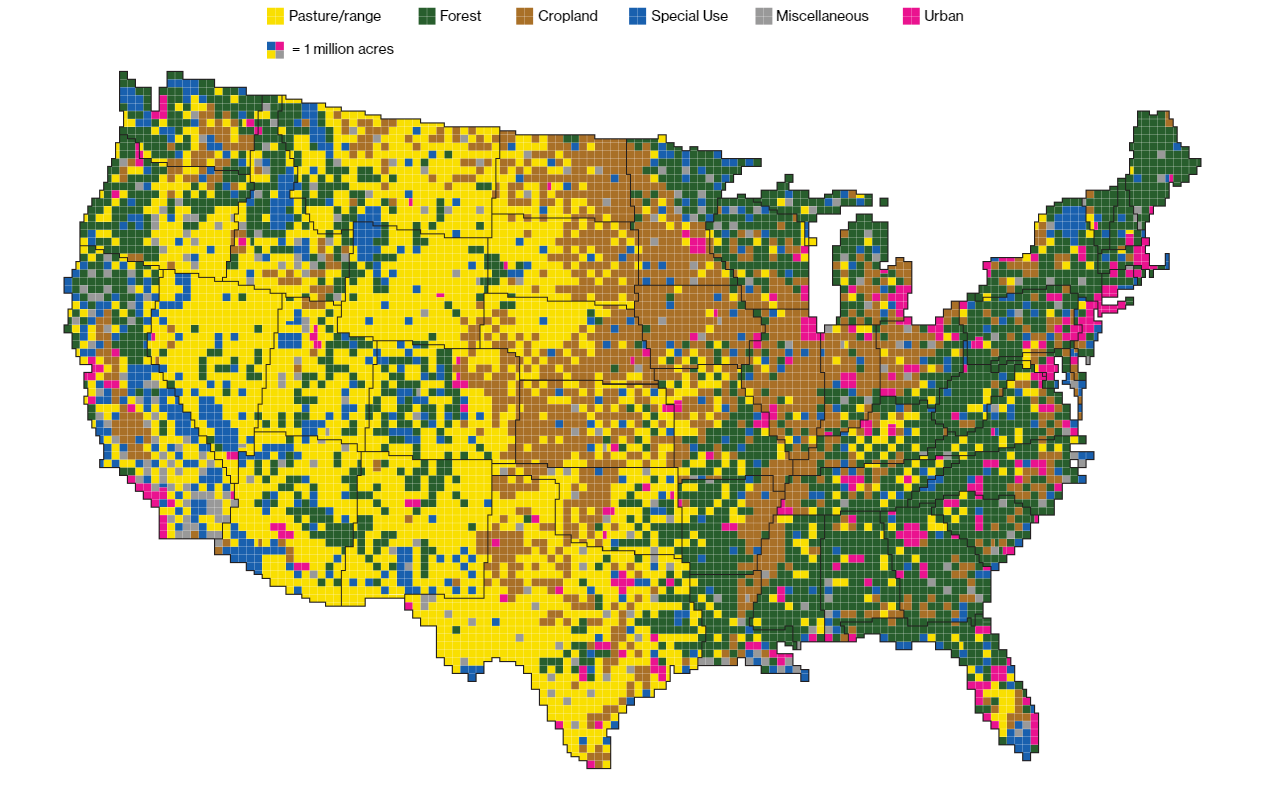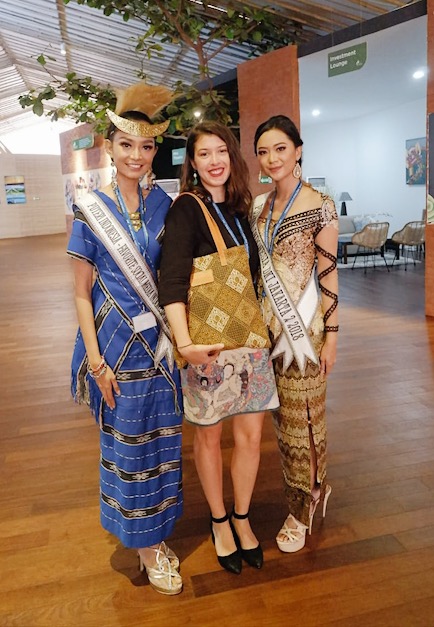The question that guides his work and life is: ‘How can I align my deepest desire with the world’s deepest need?’ Rui, based in Mt Roskill, Auckland, has set out to answer this question by combining two problems - 1. the need to find solutions to dealing with plastic waste, and 2. the need for stable employment in low socio-economic areas - into one personal project, his company, Critical.
Lisa McLaren was awarded the Queen’s Service Medal in recognition of her work as the National Convenor of the youth-led Generation Zero campaign for the Zero Carbon Act.
Benjamin Lee is a member of the Albert-Eden Local Board.
He campaigned on the C&R ticket and managed to gain the highest vote count for members elected to the Albert-Eden board in the 2019 Auckland local body election.
Benjamin spoke to us about his start in local board politics and the need to utilise passion and compassion when trying to make the change you want to see.
Introducing Fatumata Bah speaking on her Leadership Journey.
Fatumata is an activist engaged in women’s rights, and diversity and inclusion.
A short update on what AYLI has been up to, how we’re responding to COVID-19, and what we are working on.
In this opinion piece, Anika John reflects on how the UPR has impacted how she views human rights issues in New Zealand. A short blog that reflects on her trip to Geneva, to observe New Zealand in the Universal Periodic Review in January of 2019.
Attending New Zealand’s third Universal Periodic Review of human rights at the United Nations in Geneva, one recurrent theme of our delegation’s meetings with UN agencies was the UN’s Sustainable Development Goals (SDGs). Despite the absence of SDGs in UPR recommendations so far, the natural convergence between the development and human rights agenda means combining the two can make them each doubly powerful. Given this under-utilised relationship, I will argue the need for the SDGs to be at the forefront of recommendations made during the current third cycle of the UPR.
At New Zealand’s five-yearly human rights review at the United Nations on Monday, we received more than 200 recommendations from UN member states. Here are three of the more unexpected, plus some insight into what our government had to say on the status of human rights in New Zealand.
Worldwide, the rights of people with diverse sexual orientations, gender identities and sexual characteristics are under threat. New Zealand’s third Universal Periodic Review - five-yearly process whereby a state’s compliance with international human rights treaties and norms is assessed at the United Nations - may feature New Zealand’s first ever recommendation on these issues.
Sadly, four NZX50 companies recognising the Guiding Principles on Business and Human Rights seems really good when one remembers that only 1 out 50 has a female CEO.
At a plenary session on Saturday, countries tried to grapple with how to recognise the IPCC report on 1.5 Degrees in writing.
In January 2019, New Zealand’s compliance with international human rights treaties and norms will once again come under scrutiny at the United Nations Universal Periodic Review (UPR). Ahead of this five-yearly review by the UN Office of the High Commissioner for Human Rights (OHCHR) in Geneva, in October the New Zealand Human Rights Commission facilitated the first-ever in-country pre-sessions held in three locations around NZ.
At the seminal COP24, Poland has absolutely nailed their warm welcome of overseas nations to talk about the future of the planet by enacting a protest ban, terrorist alert and turning people away at the border. Also, they’re hosting it in the coal heartland of the EU. Nice.
The inequity of country affluence dictates whose voices are heard and whose are absent. Where the most impacted by climate change are the worlds most vulnerable, the voices of the least impacted dominate the direction of climate solutions.
As I sit typing this on our 17-hour flight back to NZ, unable to sleep, I’m able to reflect on the fastest 2 weeks of my life, and in particular, what I learned in the 3 days of the forum. The sessions were all very different but very informative, to the point where I’m a little overwhelmed (or maybe just a little jetlagged!).
This COP, NZ will spend its time bragging about our Government ‘ending oil exploration’ (bar endless exceptions), the Zero Carbon Act (which hasn’t even been tabled yet), our ‘visionary’ leadership on ending fossil fuel subsidies (yup you read that right) and perhaps most contradictorily, our ‘equitable’ agricultural policy plan though a series of ‘Ac!ion Agriculture’ side events (including Fonterra’s ‘bold’ plan to install no new coal boilers by...2030?!?). What we won’t be mentioning is our failure to adopt a meaningful emissions regulation framework (neither a tuned-up ETS nor a carbon tax), our lack of inclusion of indigenous voices in the climate korero, a history of dragging our feet on climate negotiations, or our lack of support for Pacific nations.
Between pasture and cropland used to feed livestock, 41% of the land in the U.S.A is used for animal agriculture. In contrast, about 5% of the land is used to feed humans. Sound ridiculous? That’s because it is.
Wow, we’ve only been here a week, but it’s been a week jam-packed full of meetings and tours! Just thought I’d share a bit about what we’ve been doing and some tips for any of you who might be travelling to Geneva.
It’s a little daunting, knowing I’ll be in Europe for the 1st time in a little over 24 hours, but when you’re in the world’s diplomatic capital, it’ll be an incredible experience regardless of the small hiccups we might experience.
Since returning I’ve been subliminally categorising my life as “life before COP” and “life after COP”. I do this because so much shifted, transformed and solidified for me while I was in Bonn and has continued to do so ever since - a journey that has been disheartening yet inspiring and generally intense.
A few photos of some of the ‘looks’ at the IMF/ World Bank Annual Meetings 2018
On the international banking scene, I expected a lot of bankers in grey and black suits. And while there was plenty of monochrome, I was really surprised at the colour and diversity of the meetings.
Here are a few of the people I got chatting to - check out the fashion!
To finish the day we cooled off in a waterfall and then sang songs on the way home in the car. Budi live streamed this to his followers… they are likely disappointed by New Zealand’s musical talents!
Hopefully we put on a more sophisticated performance tomorrow as we register for the IMF/World Bank Annual Meetings 2018.
The Age of Big Data, Machine Learning and Artificial Intelligence presents exciting opportunities for everyone but it also presents challenges such as protecting people’s right to privacy. I am really looking forward to attending sessions on disruptive technology at the Business and Human Rights Forum next month.













![Rebekah Hill: They paved paradise and put up a [Polish mine]](https://images.squarespace-cdn.com/content/v1/522dee7ae4b09d456b0c0144/1544261408406-74RAM65E0VVPDXH7KJHD/IMG_3555.JPG)














Nerissa Henry is a member of the Maungakiekie-Tāmaki Local Board and Mt Wellington Licensing Trust.
Nerissa ran on the Labour ticket in the 2019 election, and is serving her second term as a board member. She is a mother of two young children and has a particular passion for the environment.